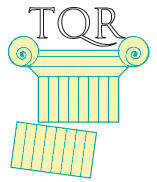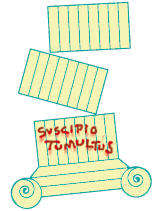review by Steven Hansen
Harry Kvist was a hell of a bloke … so goes the ditty sung in honor (and often to torment its subject) of the once-promising pugilistic prospects of said Harry Kvist. But some bad timing and terrible choices that led to tragedy put him on the express train to Palookaville. Or in this case, the Sibirien district of Stockholm where he lives alone in a flat above his friend Lundin, the undertaker. He spends his days repossessing bicycles and collecting money for some local syndicates, roughing up the poor bastards who cannot pay and promising worse the next day.
Harry Kvist is a brutal, no nonsense guy who also happens to swing both ways. Aside from the fact this gives Harry much better odds to get a date on a Saturday night, it’s also gotten him put away due to the strict moral codes of early 20th century Sweden. His predilection for young men is also what gets the plot boiling. When one of his credit default swaps turns up dead, it’s a frame job that just might stick. Kvist’s the only public defender who will represent him once he is freed from the police interrogation that follows the discovery of the murdered debtor.
Author Martin Holmen paints an almost hopeless version of the poor districts of Stockholm way back when. From the muddy shanty towns to the industrial factory rows where the organized crime bosses plot and sow. Harry Kvist is damn good at the dirty work of survival, and yet deep inside there are glimmers of humanity that, though subtle, are easily picked up on even as he is breaking jawbones and taking names. The bells of the medieval cathedrals and churches of Stockholm tend to bookend many of the scenes, reminding Kvist and the reader that there is hope of something beyond this atavistic and unmerciful veil of tears. No matter the situation, Harry Kvist is always sharing food with the stray dogs and cats barely surviving on the street outside his hovel or some café where he is having a shot of schnapps and sucking on one of his trademark cigars. One of the marks of a good soul is someone who takes pity on animals, and Kvist is never wanting on this score. To drive home this aspect of his character, this trait is given center stage in the novel’s final scene.
And so, somehow magically or with a literary flare that cannot be denied, Holmen has married the sacred and profane in a strangely twisting plot that is really kind of beside the point. The characterization of Kvist is the thing at which to marvel. This repugnant, thuggish debt collector is also, against your better judgment, a character that you will find yourself pulling for madly in the end. Harry Kvist is, in fact, a hell of a bloke, and CLINCH one hell of a book, indeed.

